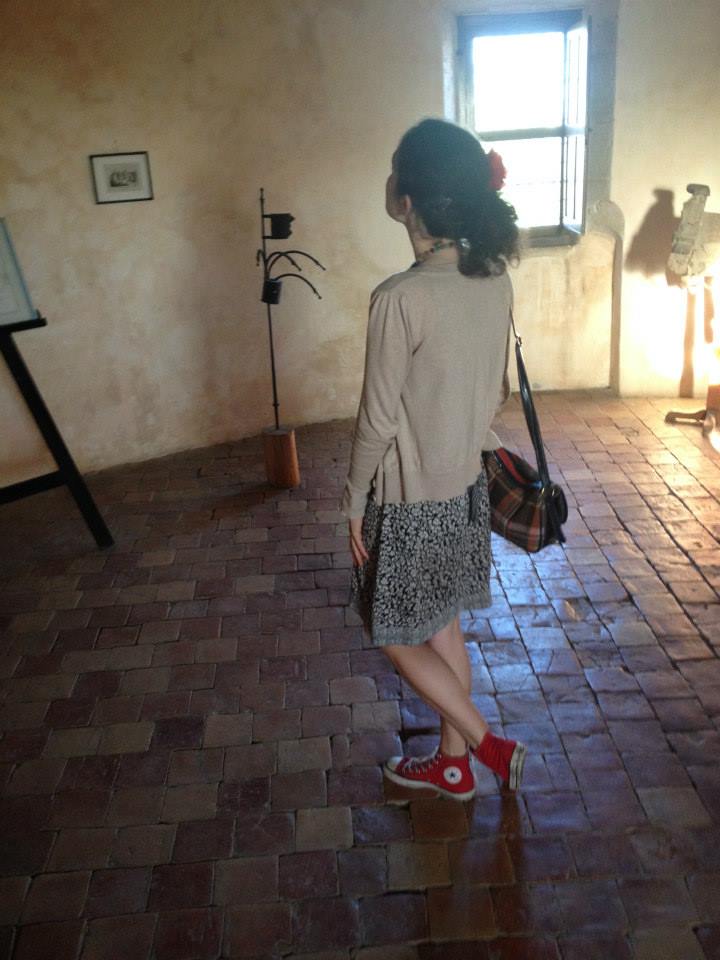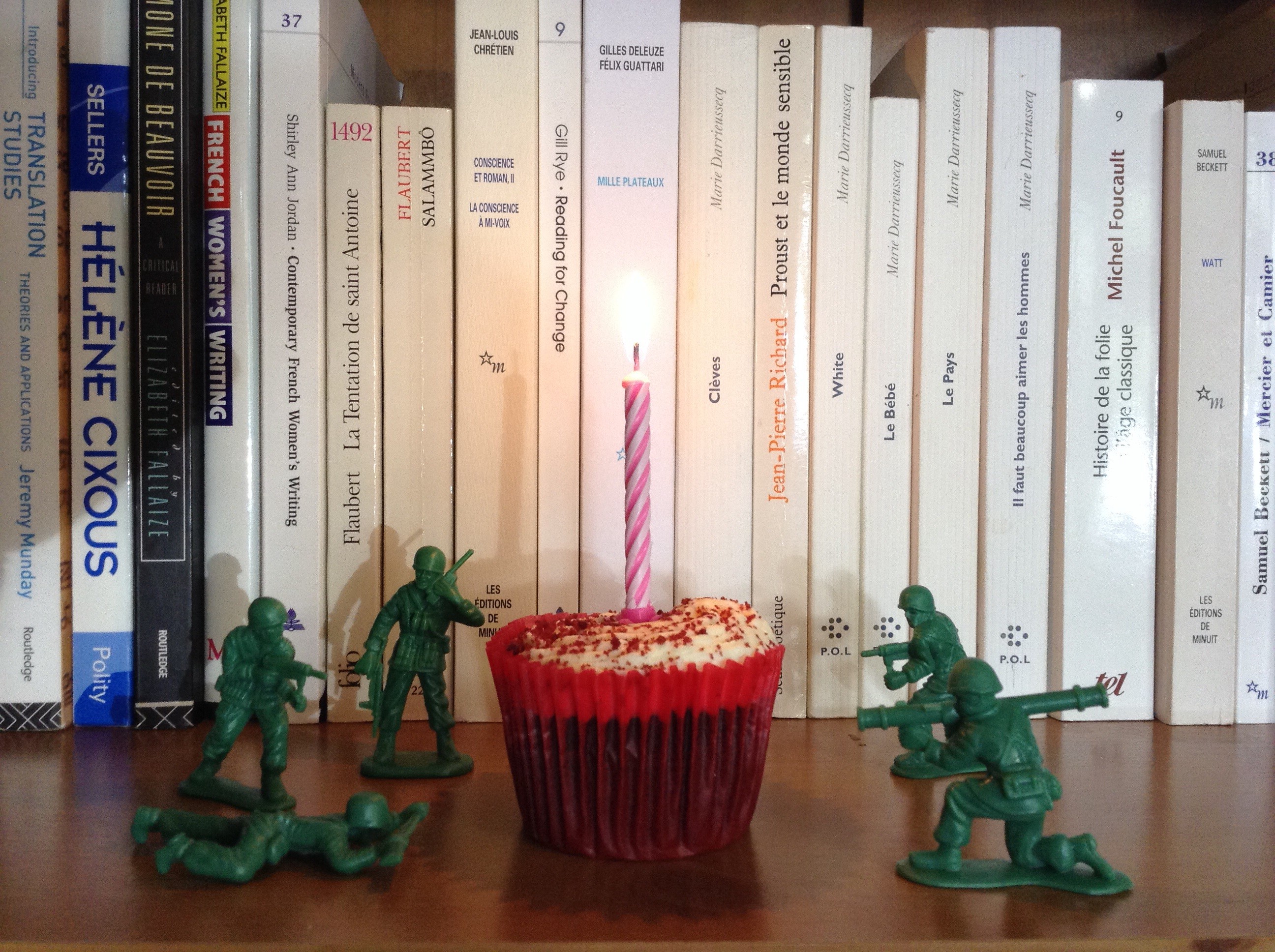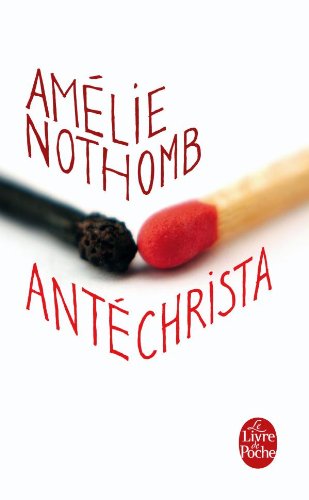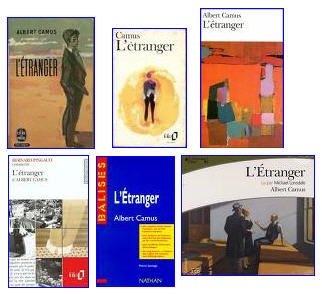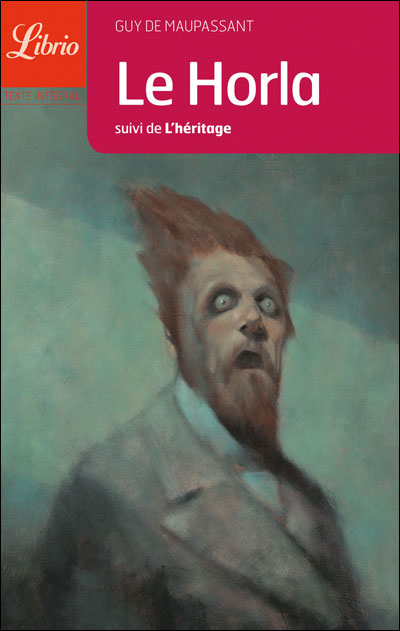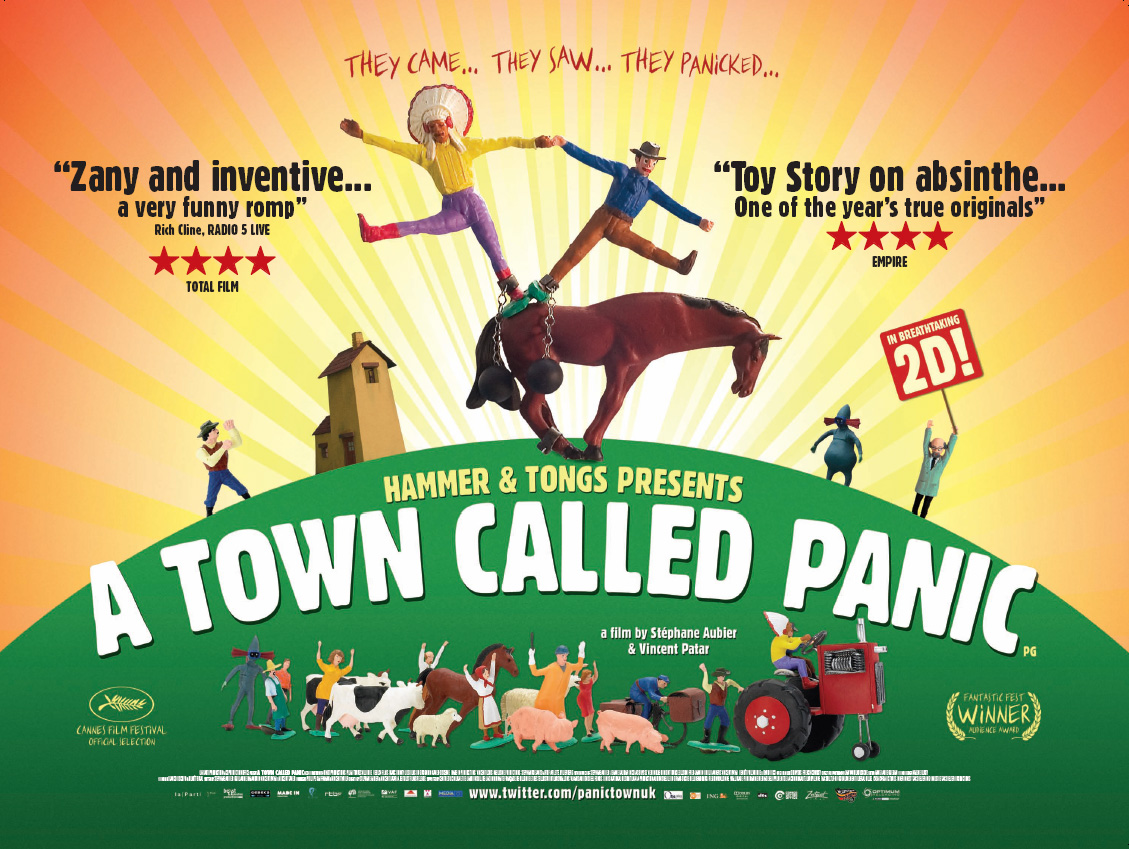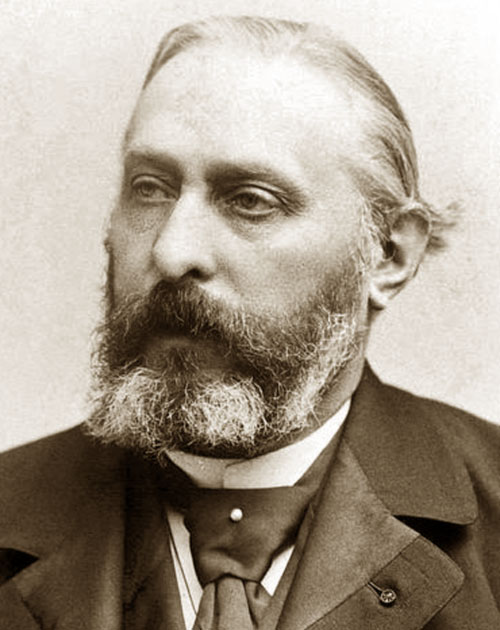
posted by Simon Kemp
The French language, as we know, is never that keen on pronouncing words as they’re spelled. Almost any French word you care to mention contains a consonant or two that doesn’t make it to air. This explains why French schoolchildren still spend time doing dictées, trying to write out a precise transcription of a passage being read aloud by their teacher.

All of these silent letters used to be pronounced in Old French, but while pronunciation gradually shifted over the centuries, spelling was less inclined to move with the times. It did, however, allow for a certain degree modernization. In 1740, the Académie Française introduced spelling reforms that went through the dictionary and deleted more than ten thousand silent letters. All of them were in fact the same letter: an ‘s’ following a vowel in the middle of a word. They hadn’t been pronounced for years, and so they finally got the chop. Espier became épier, ancestre became ancêtre, coste became côte. The disappearance was marked by an accent over the vowel that came before the ‘s’ (in most cases a circumflex accent, or an acute accent over a letter ‘e’ where appropriate). And that’s the spelling that has persisted until today.
Rewind back to the middle ages. In the wake of the Norman conquest, English was helping itself to great swathes of the French language. The language of the conquerors was the language of power and administration, and Old French terms found their way from the royal court into the everyday language of the British people. A millennium later, many are still here, with their Old French ‘s’ still alive and well, hundreds of years after it disappeared from modern French.
The upshot is that there are now scores of words in modern French with an ‘é’ or a circumflex vowel, where the addition of an ‘s’ after the vowel produces a recognizable English word. Let’s try a little exercise in reconstitution. Answers at the bottom of the post.
Easy ones first. How about these?
le mât
la crête
honnête
la hâte
la tempête
la forêt
le bâtard
And these ?
écarlate
étrange
étudier
une épice
répondre
en dépit de
une éponge
And what about these, which are slightly trickier, but still just about recognizable :
l’huître (f.)
le maître
la guêpe
la pâtisserie
l’écureuil (m.)
la coutume
For English speakers, when faced with an unfamiliar French word that has an acute-accented ‘e’ near the start or a circumflexed vowel in the middle, it’s always a good idea to try adding back in the missing ‘s’, to see if an English word magically appears.
Answers:
- Mast, crest, honest, haste, tempest, forest, bastard (in the literal sense of illegitimate son – the French don’t use the word as an insult!).
- Scarlet, strange, study, spice, respond, despite, sponge.
- Oyster (it doesn’t look much like it, but if you think of the French pronunciation – ‘wee-truh’ – and add an ‘s’ into the middle of that, the similarity is clearer), master, wasp (the shift from Old French ‘gu-’ to English ‘w-’ is quite common, e.g. ‘Guillaume le conquérant’ to ‘William the conqueror’), pastry, squirrel, custom (‘coutume’ used to be spelled ‘coûtume’ but later lost its circumflex. ‘Le coût’ (cost) still has it).


